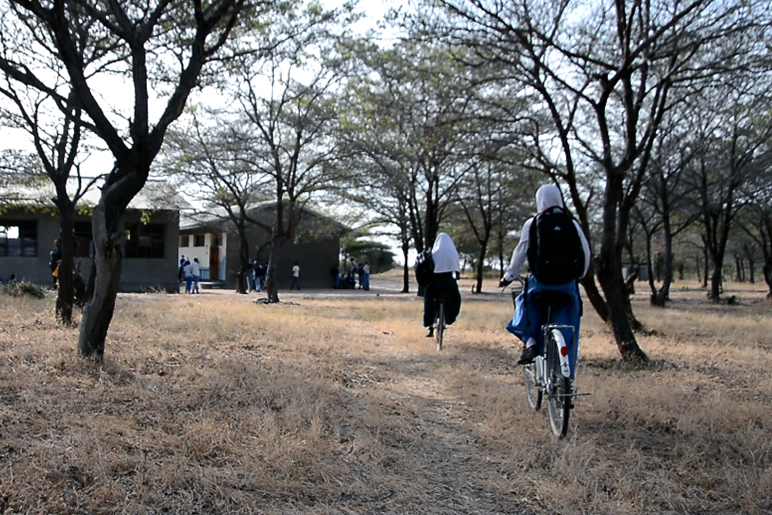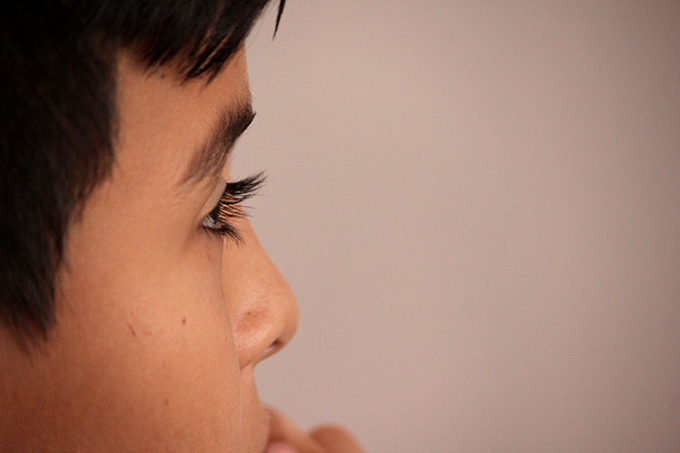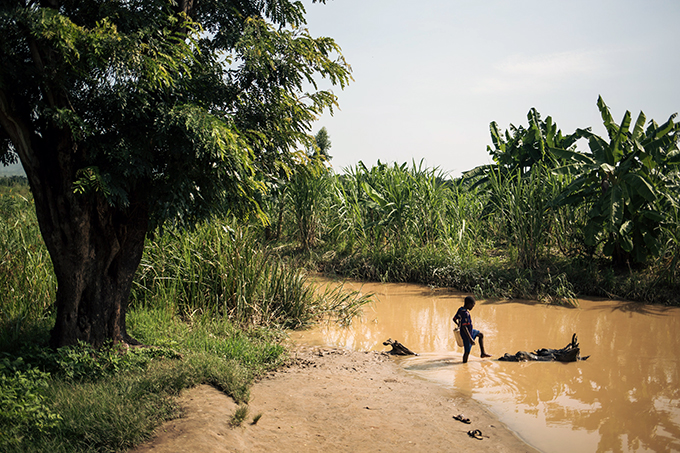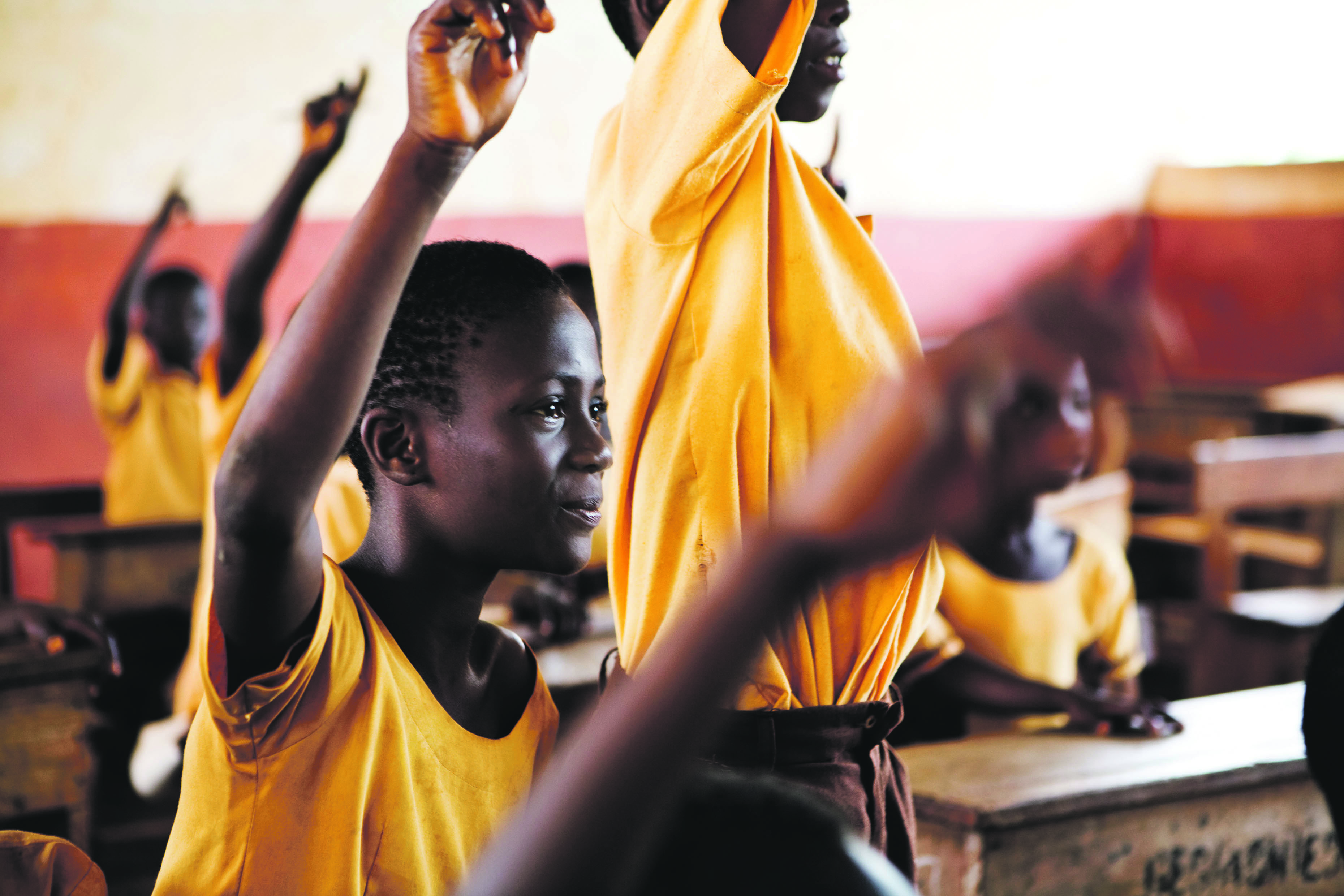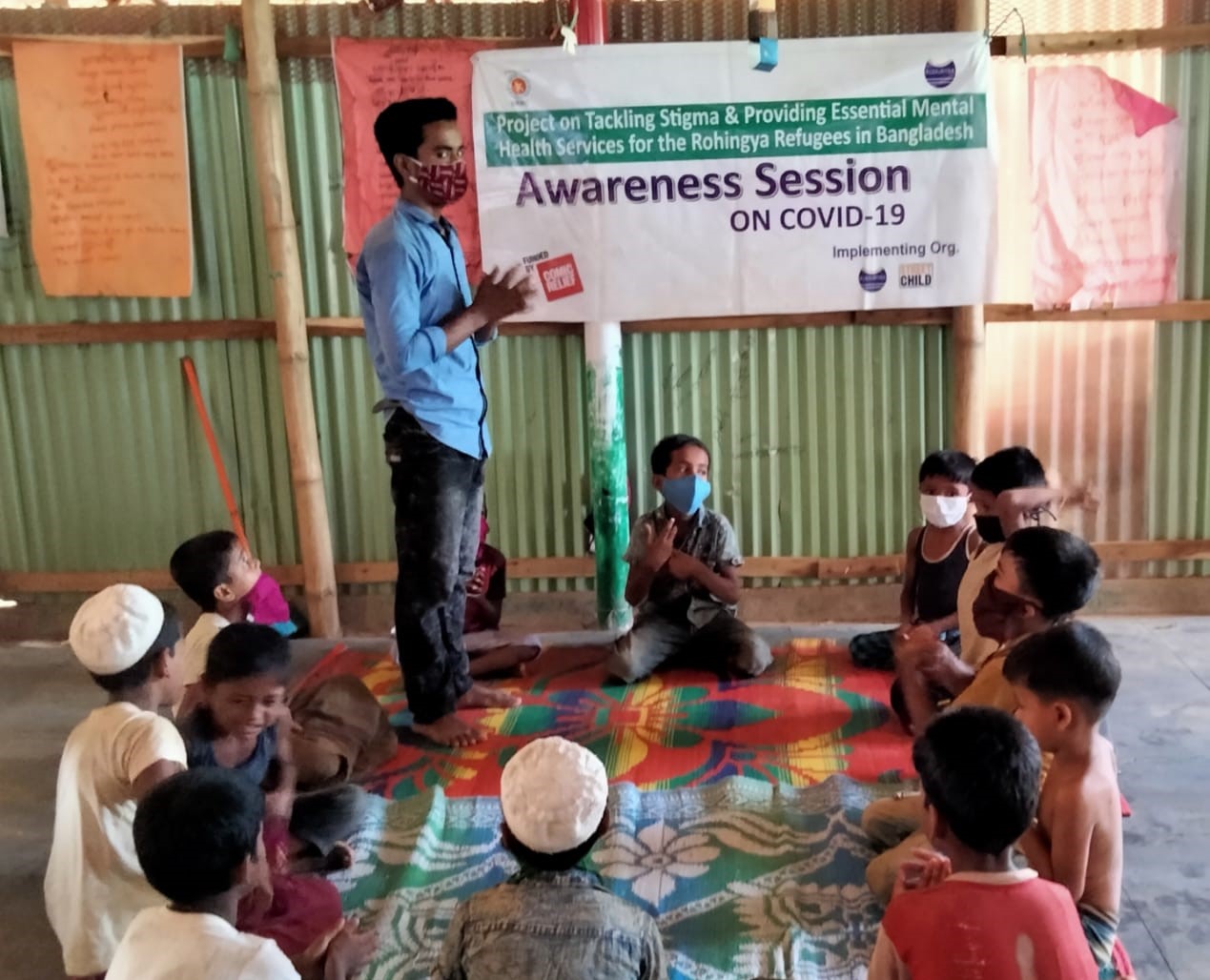Story of change - A girls' hostel providing hope in Tanzania
It is only a matter of days now before a new girls’ hostel in central Tanzania will open its doors for up to 80 students from neighboring Kwa Mtoro secondary school. The hostel is not only a much-needed facility for the students who would previously walk up to 15 hazardous kilometers to get to school – it is also a success story for the national education coalition TEN/MET who would like to use this example to inspire similar action in other communities where girls’ education may be at risk.
Education in Tanzania
In 2016 a total of 3.6 million children in Tanzania were out of school. Research showed six main reasons for the absence.
- Distance from school
- Confusion of a Fee Free Basic Education Policy leading families to believe they were to pay significant amounts themselves
- Teenage pregnancy
- Parental restrictions – keeping children at home for them to undertake domestic chores.
- Child labor: Grazing in pastoralist communities, fishing in fishing communities and petty business in both urban and rural settings were identified as reasons for keeping children away from school.
Source: Unicef
Another study from The World Bank in 2020 focuses specifically on secondary education seeing that:
- Secondary school enrollment has increased from 1.8 million (2015) to 2.2 million (2018) but still 300.000 children were in 2018 and 2019 unable to start secondary education due to lack of space.
- 60.000 children drop out of lower secondary education each year – half of them girls.
- 5.500 girls are estimated to drop out due to pregnancy alone.
Source: World Bank
It all began last year during the Global Action Week for Education. TEN/MET staff and their members traveled the country and visited the Dodoma-region in central Tanzania. They knew the area was known to have high drop-out rates for female students and high numbers of teenage pregnancies.
Parents and local community members attributed the problem to the distance students needed to cover each day by foot or bike to reach the school. The commute left some students with too little time to study and others with temptations or risk that would leave them pregnant. This caused a number of girls to drop out and some parents even encouraged their daughters to quit school as they felt obliged to accompany them back and forth from school to keep them safe – taking away valuable time for work or chores.
Mobilizing partners for girls’ education
A girls’ hostel next to the school would solve the issue of increased female drop-out rates – and maybe also reduce the number of teenage-pregnancies. This was the conclusion from the community and backed by the knowledge and research done by local partners.
Immediately after the consultations, TEN/MET decided to support the community in the construction of a hostel for girl students. They saw the need to protect the girls right to an education and the opportunity to truly engage parents, students, local media and the community in education and advocacy for change.
“It was a chance to leave a mark that was truly remarkable,” says TEN/METs policy and Advocacy Officer, Nasra Kibukila, who was key in mobilizing all the stakeholders necessary to initiate the process.
TEN/MET as coalition does not have funds for service provision – only for advocacy activities. So, a large network of members, local organizations, companies and community funds were activated and private fundraising took place among parents and neighbors - to raise a total of 18 million Tanzanian shillings – app. 8.000 USD.
Political and administrative work was supported by community leaders and groups of parents and teachers.
“And the actual construction of the hostel posed a great opportunity for parents, students, and neighbors to show their commitment by partaking in clearing the grounds, digging latrines, assembling furniture and the like, says Nasra Kibukila. She adds: “We saw the parents mobilized on a whole new level – offering their help and closely following discussions around the project. And we see that interest expanding to their children’s education more generally with them taking part and closely following both the project and their children’s education in general."
The aim and hope are, that this newfound engagement will stay with the parents beyond the project and will help ensure the quality of education for their children and the ones that will come after.
Replicable model of change
Moreover, TEN/MET has already benefited from the project and is using a very similar model of change in another community that is in dire need of classrooms to accommodate the increasing number of children. The coalition is also building on the experiences on raising alternative funding from e.g. locally based private companies, members and partners.
“We are continuously advocating for an increase in the national education budget, but in a foreseeable future we will have to look for other sources of funding to bridge the gaps in the education system. Now we have some experience in engaging very local sources to supply other streams of income. It could be the banks which we successfully approached for the girls’ hostel or local companies with a CSR-policy looking for a way to support locally in their communities,” Nasra Kibukila says.
TEN/MET is planning to follow the hostel in Kwa Mtoro closely to monitor whether girls’ education will improve in terms of grades, absences, drop-out rates, and pregnancies. The findings will support TEN/MET’s advocacy – pushing the government to ensure hostels for those living far from the schools – and in general work to eliminate the risks that girls face and ensure their right to a quality education.
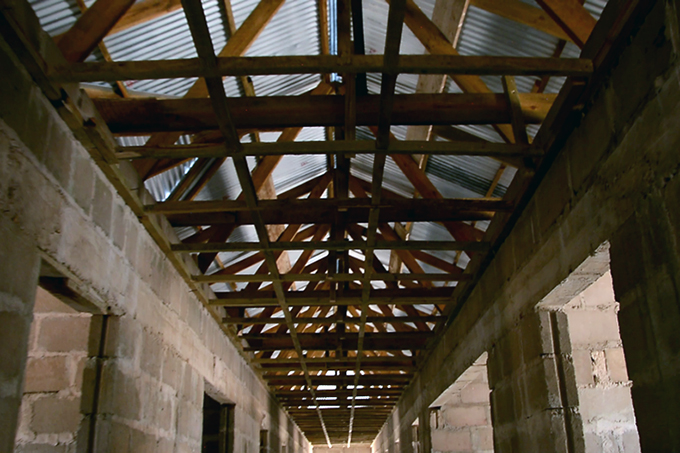
Facts
- TEN/MET is supported by Education Out Loud under the OC1 grant. They form the national education coalition in Tanzania – gathering 140 CSOs drawn from International Organizations to local organizations and networks working with education advocacy and the promotion of quality education for all.
- One of the main themes for TEN/MET includes the return of girls to school after Covid-19 with a specific focus on changing the current policies that prohibit pregnant girls or young mothers to attend school. TEN/MET also strives to improve the availability and quality of alternative education for those who cannot attend regular school.
- TEN/MET combines the national advocacy and policy work with local initiatives and projects that aim to mobilize local communities and parents in prioritizing and pushing for quality education for their children.
- Read more at tenmet.or.tz or Facebook @TanzaniaEducation Instagram @tenmet and twitter @ten_met
